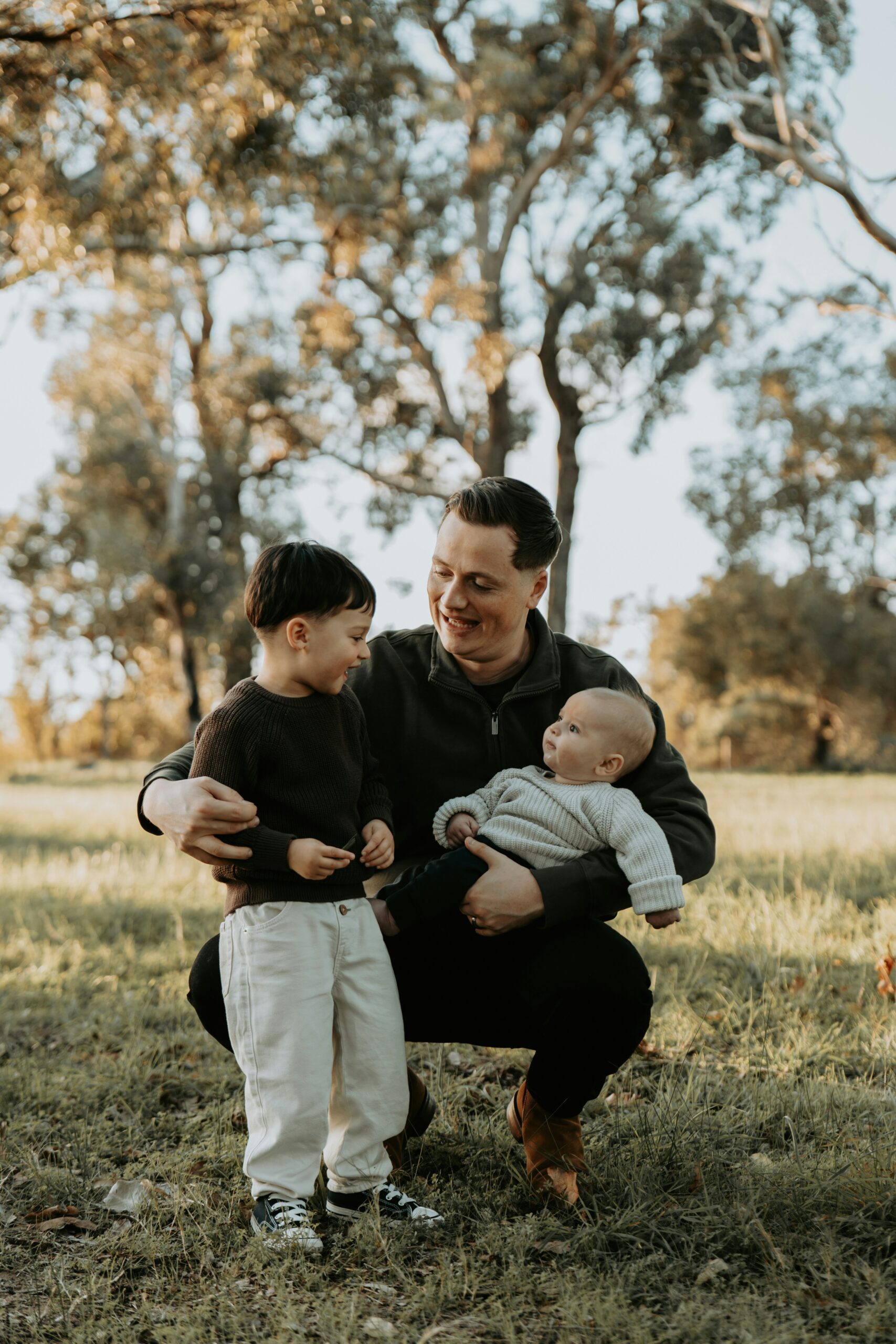Measuring Early Childhood Mindsets in Australia
Over the next 4 years, FrameWorks will lead a project exploring how Australians think about the early years and testing how those working to support children and families can shift Australian mindsets to increase demand for policy reform. The work is funded by the Minderoo Foundation.

PROJECT GOALS
Early Childhood Mindset Project
Measure the distribution of mindsets
To measure the distribution of mindsets used to think about early childhood issues across the Australian population, examining demographic and geographic differences in the relative strength of different mindsets and in the way they shape thinking.
Examine the relationships between mindsets
To examine the relationships between mindsets and find ways that groups of mindsets hang together and cluster across and between geographic and demographic groups in Australia.
Explore connections between mindsets and policy/solutions support
To explore connections between mindsets and policy/solutions support to better understand the relationship between mindsets and people’s demand for policy changes and solutions.
Shape the conversation about early childhood in Australia
To shape the conversation about early childhood in Australia by producing framing and story-telling resources, delivering workshops and presentations, and disseminating findings.
Frameworks in Australia
We have been working in Australia since 2010 undertaking research that helps child and family advocates communicate more effectively about child, family and community issues.

Research
Approach to research
FrameWorks uses social science to study:
- the deep and implicit patterns of thinking–cultural mindsets–that people use to make sense of and decisions about social issues
- ways of communicating–framing decisions–that can shift these mindsets over time to increase support for changing systems to advance justice, equity, and inclusion.
The early years project will be inclusive of the experiences of Aboriginal and Torres Strait Islander peoples in the following ways:
- Individuals identifying as members of First Nations communities and working on issues around early childhood development in communities are included in our advisory group. As partners in the project, these individuals will help guide the design, interpretation, and dissemination of research findings and implications.
- An Aboriginal and Torres Strait Islander Community Reference Group is specifically advising, guiding and providing feedback on research design, analysis, findings and implications.
- Aboriginal and Torres Strait Islander researchers and cultural experts are co facilitators of focus groups and providing advice and feedback into the design and analysis of groups.
- Qualitative and survey work will include individuals from First Nations communities to allow for analysis of mindsets and comparisons between these and other demographic/geographic groups.
Our approach to qualitative research has been reviewed and approved by the Australian Institute of Aboriginal and Torres Strait Islander Studies (AIATSIS), Ethics Committee.

Why
Impact
At its core, this is work about measurement and learning—specifically focused on measuring mindsets and using learnings to inform narratives and communications strategies designed to increase Australian investment in the early years.
The research will inform campaigns, communication strategies, and public mindset change efforts designed to improve the wellbeing of children by increasing demand for more and better policies that support child and family wellbeing. More specifically, the analysis will inform change efforts by:
- identifying areas where shifting mindsets is most critical and how to most effectively use communications and campaign resources to create change,
- helping focus efforts on particular mindsets to shift (both productive and unproductive) that influence change on other mindsets and in support of solutions and increased investment in the early years,
- identifying particular groups and individuals (within and apart from current members of the early years sector) with the power to influence public discourse who can use recommendations to shift mindsets and increase support for policies and investments in the early years,
- partnering with and supporting organizations to use these learnings and strategies to frame their communications, and
- measuring change in mindsets over time to evaluate the success of reframing efforts and to generate findings that can be used to adapt and improve such efforts.